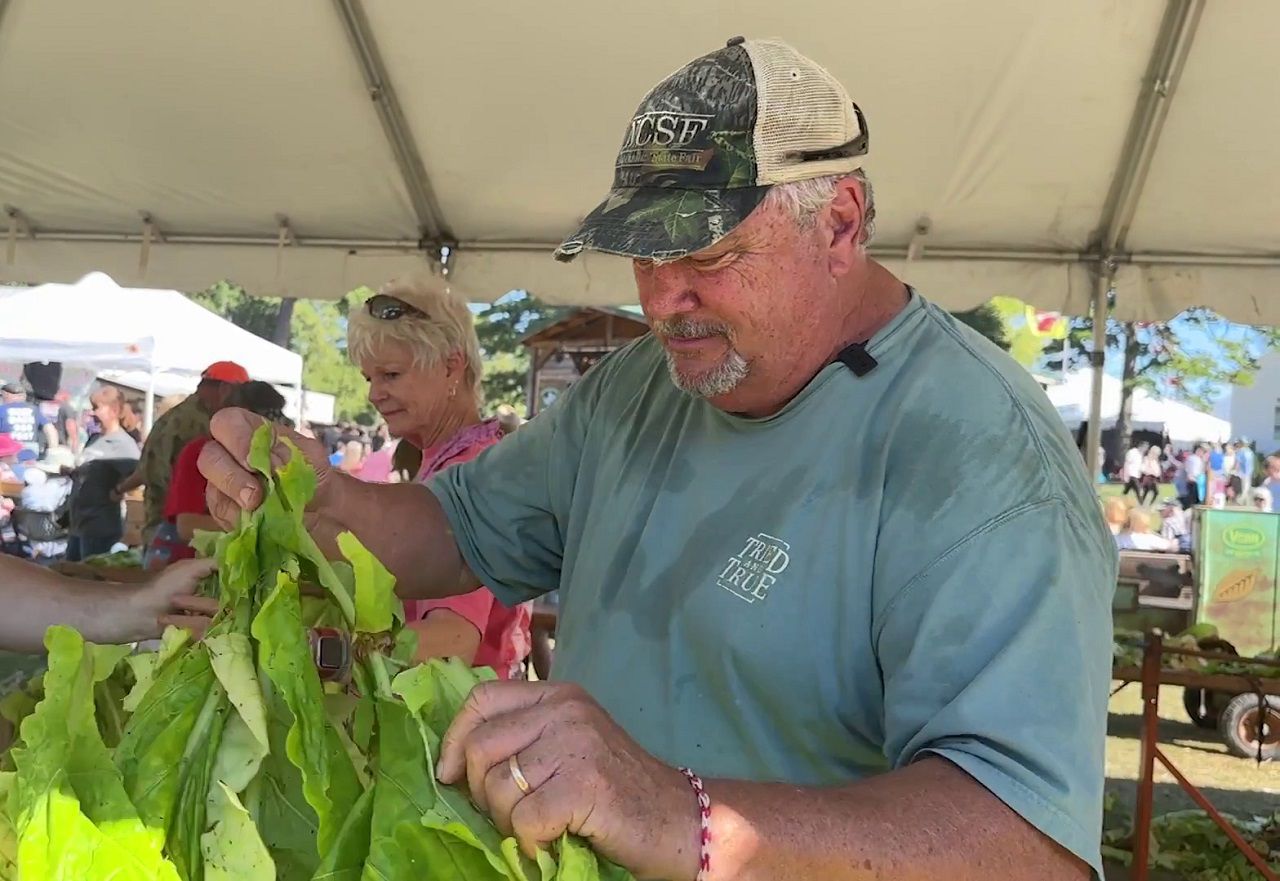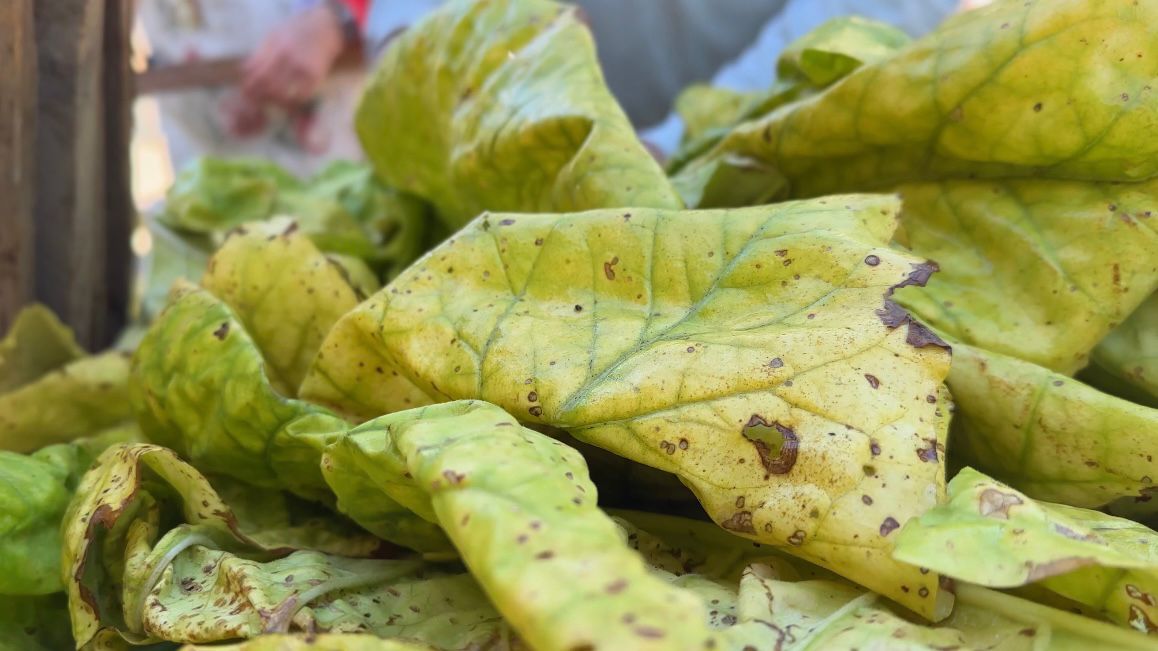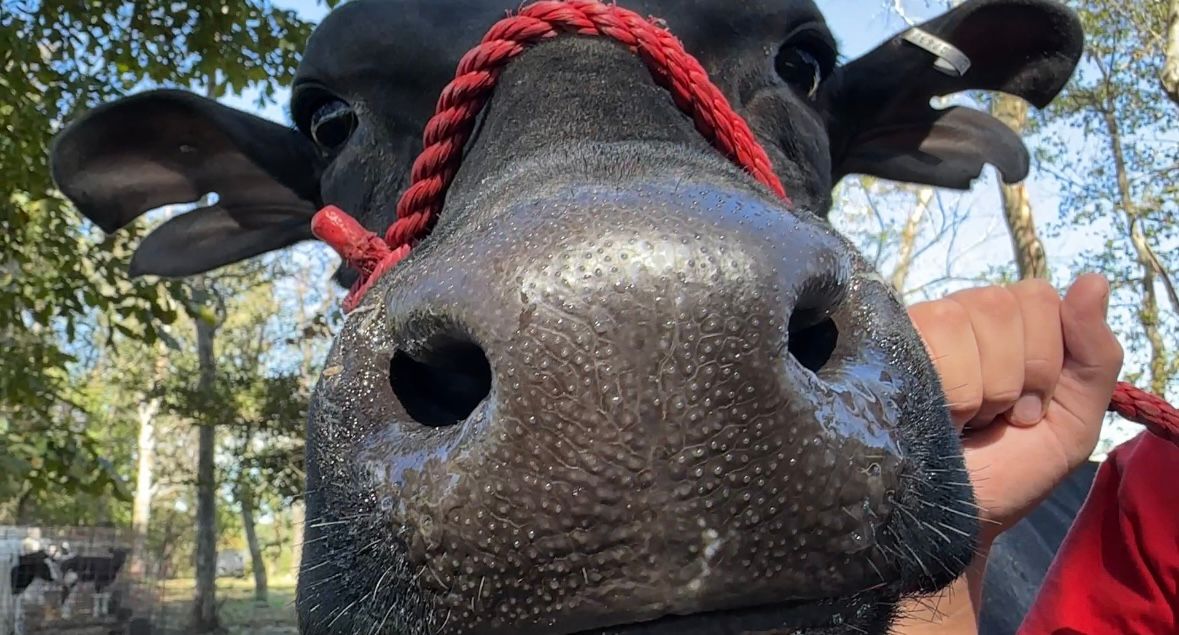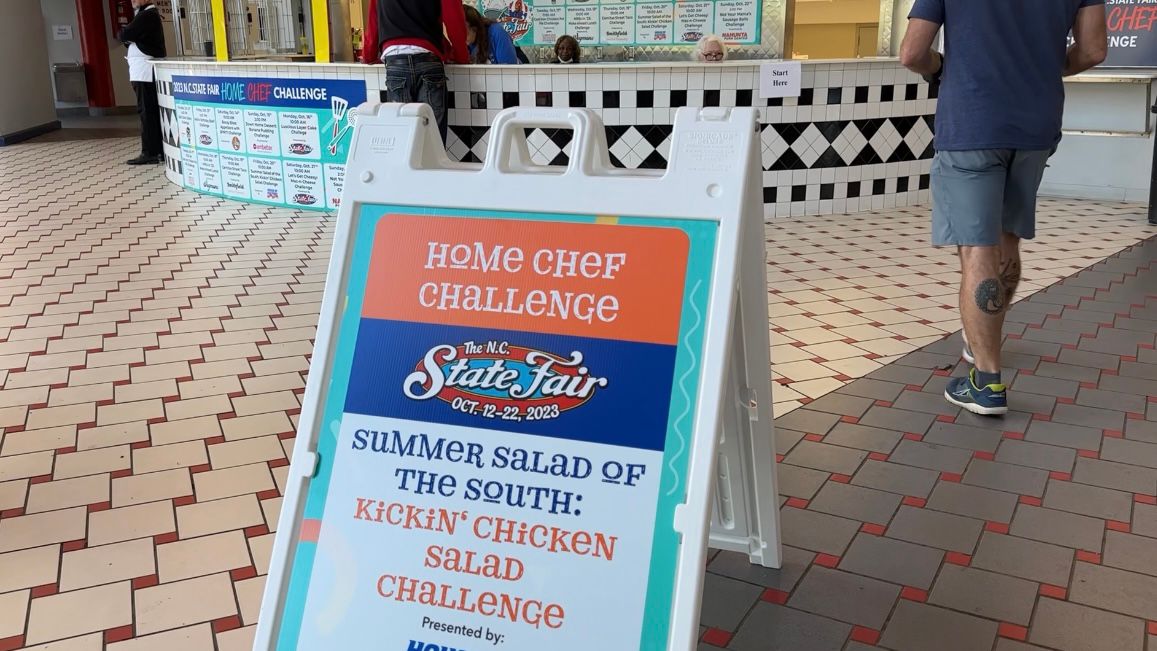RALEIGH, N.C. — North Carolina has a rich history of farming tobacco.
Since colonial times, the crop has been a moneymaker in the state.
Although the way the plant is farmed and sold has changed over the years, the sight of a tobacco auction brings back memories for some.
“It was a wonderful time when the tobacco market opened. It was about like a circus or state fair coming into the town. A lot of people, it was the only time they received money where they could come and buy things for their family to pay the bills,” Ted Stone said.
Stone is a tobacco auctioneer who supplements his income by also selling cars. He comes to the North Carolina State Fairgrounds to watch or participate in the Mock Tobacco Auction.
“When I went to auctioneering school in 1977 we went to all facets of auctions. I went to a tobacco sell and it really, really interests me,” Stone said.
Long before the industry modernized in the state, Stone said the crop could provide a nice living for many families.
The simulation is held underneath the old tobacco pavilion on the fairgrounds. Visitors sit back and watch the past come to life.
Stone said although mechanization and direct farm-to-corporation agreements made tobacco auctions less relevant in the 21st century, it didn’t end the traditional means of getting the crop to market altogether. It is why being a tobacco auctioneer is still a source of pride for him.
“It was just a wonderful time for families to get together and make a living,” he said.
Tobacco is rooted into the Tar Heel State's DNA as much as the crop that’s been planted for centuries in the ground.
“It’s reminiscent of the times gone by,” Stone said.
Stone, 67, said there are five primary roles involved in the auctioning process: the auctioneer, the ticket marker, the ticket hander, a warehouseman and the buyers.
Stone said to see the mock tobacco auction in-person is to remember a piece of living history he hopes will never die.
Another of the State Fair’s longstanding traditions is its tobacco stringing contest. There’s a lot of history behind the event. This year, it included competitors from ages 9 to 94. The demonstrations give a glimpse of what life was like for tobacco farmers before a lot of today's technology.
Tobacco stringing is a repetitive motion that involves wrapping string around three leaves of tobacco and tying it to a stick. It used to be how tobacco farmers got their crop ready to be cured, and it takes a lot of practice to get right. Ken Jones has been doing it for many years, but now it’s kind of nostalgic.

“It's the way we grew up,” Jones said. “It's sort of just remembering the old way things are done. And plus, we got a lot of friends that come out here, sort of like a reunion every year.”
He grew up on a tobacco farm, where he says every kid learned to string as soon as they could walk. Today, farms are much bigger with much more tobacco, but there are also machines to do most of this work for the farmers. Jones says tobacco stringing is becoming a lost art, but at the fair it's a competition.
Jones says there will be 400 sticks of tobacco hung in a barn to dry by the end of the day. He and his wife are nine-time champions after stringing the best stick in just over a minute this year. But they say they don’t do it for the recognition.
“We grew up doing it,” Jones said. “So we're doing it to remember the nostalgia part.”
The branches of tobacco were hung in a shed and dried for about a week. Now, they are ready to go and are auctioned off.









